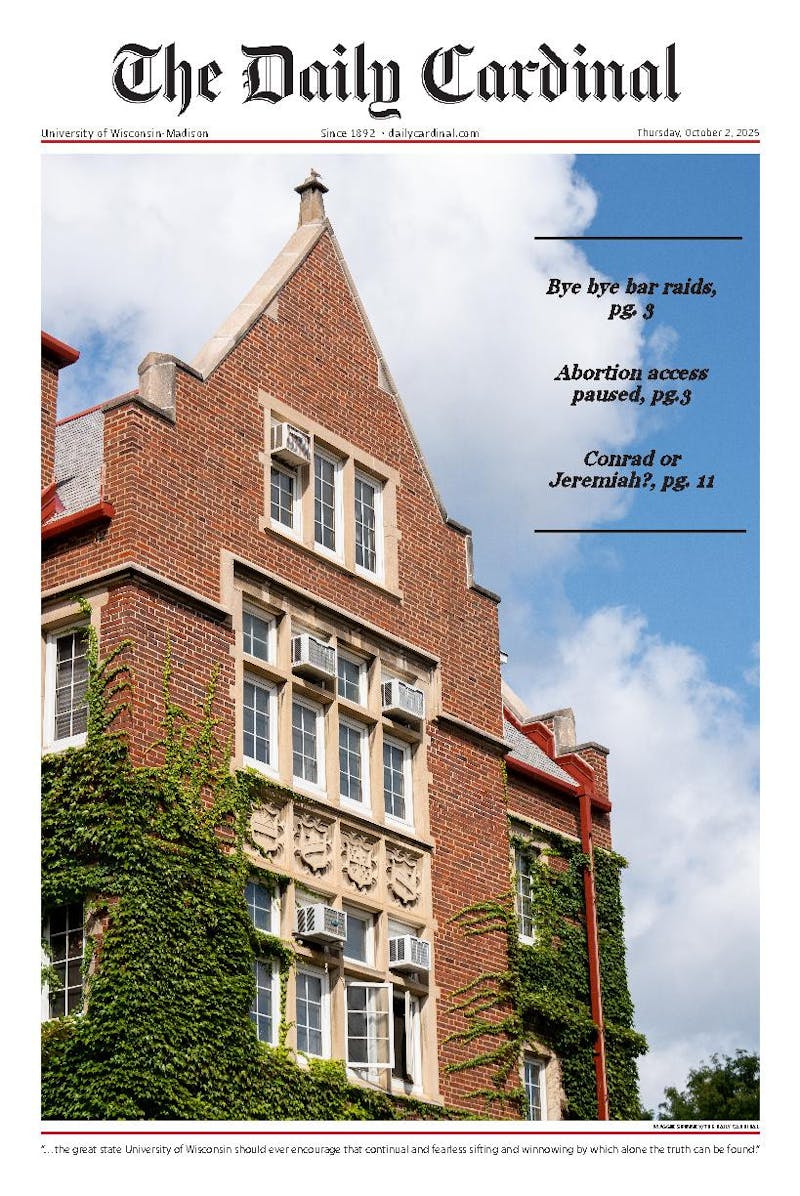Welcome to Keaton it Real. It's a science column. Well, it's supposed to be a science column, but I may get bored with that. Then it will be a technology column. Or maybe a ""what I ate today and its applications to Shakespeare's As You Like It"" column. These are all possibilities, and I hope you bear with me if I get a bit too pedestrian.
As we are not discussing the tortellini I had yesterday, nor are we examining Act II, Scene III, I suppose we could start with the definition of science. At the very least, it may help me to keep my wandering mind to the topic I am supposed to be discussing.
As it happens, definitions in science have a very slippery quality to them. According to Wikipedia.com, ""Science is an attempt to explain the complexities of nature in a common, known and repeatable way."" This is a reasonable definition. Clean, easy to interpret and not open to very much interpretation.
That, in fact is the way that scientists prefer it. Complex concepts and ideas reduced to a fundamental set of principles that interact in known ways to produce the world around us.
Unfortunately, defining science is likely to be the easiest definition that science can pin down. Though everything we've developed in mathematics, physics, chemistry, biology and other sciences depends upon a few key axioms or definitions, the definitions themselves tend to be rather vague.
This vagueness stems from the fact that science attempts to generalize concepts beyond what we as human beings experience. This is, as my math professors would say, a non-trivial task, and examples of these problems can range from the very small to the very large.
For the very small, we can consider the definition of time. While we can all feel time passing (though occasionally at different rates for different classes), it is very hard to define exactly what time is. Isaac Newton, a self-proclaimed realist, thought that time is one of the fundamental dimensions of the universe and could be measured.
Immanuel Kant, on the other hand, believed that time is an intellectual construction, similar to space and number, and that it was not a thing to be measured, but instead part of the measuring system.
Physics can't shed any light on this subject. While Einstein and his theories of relativity have heightened our understanding of how we would experience time in different situations, time itself is left as a fundamental quantity. This means that we accept that it exists and don't complain, and measure it for the purposes of experiment relative to the vibration of atoms.
For another example of definition abuse, let's take a look at the concept of planet. Everyone knows what a planet is, right? Unfortunately, it's not so easy for astronomers. Since 1930, when Pluto was discovered, everyone in the scientific community agreed that there were nine planets. Sure, Pluto was far smaller than any other planet, and its orbit was a bit more eccentric, but that didn't matter.
The 2005 discovery of Eris, an object even larger than Pluto, prompted the International Astronomical Union to define exactly what a planet is. Astronomers debated the merits of different proposals that ranged from simple size requirements, to a more general form that would have caused at least 15 bodies in our solar system to be classified as planets.
Although the definition that the IAU reached consensus on avoided planet proliferation problems, Pluto's planetary property, unfortunately, perished. Pluto is now known as a dwarf planet, along with many other objects in our solar system.
The point of all of this is simply to show that science, like everything else in life, can be vague and unclear. The only difference is that scientists are often as frustrated as you are that it just doesn't make sense.





